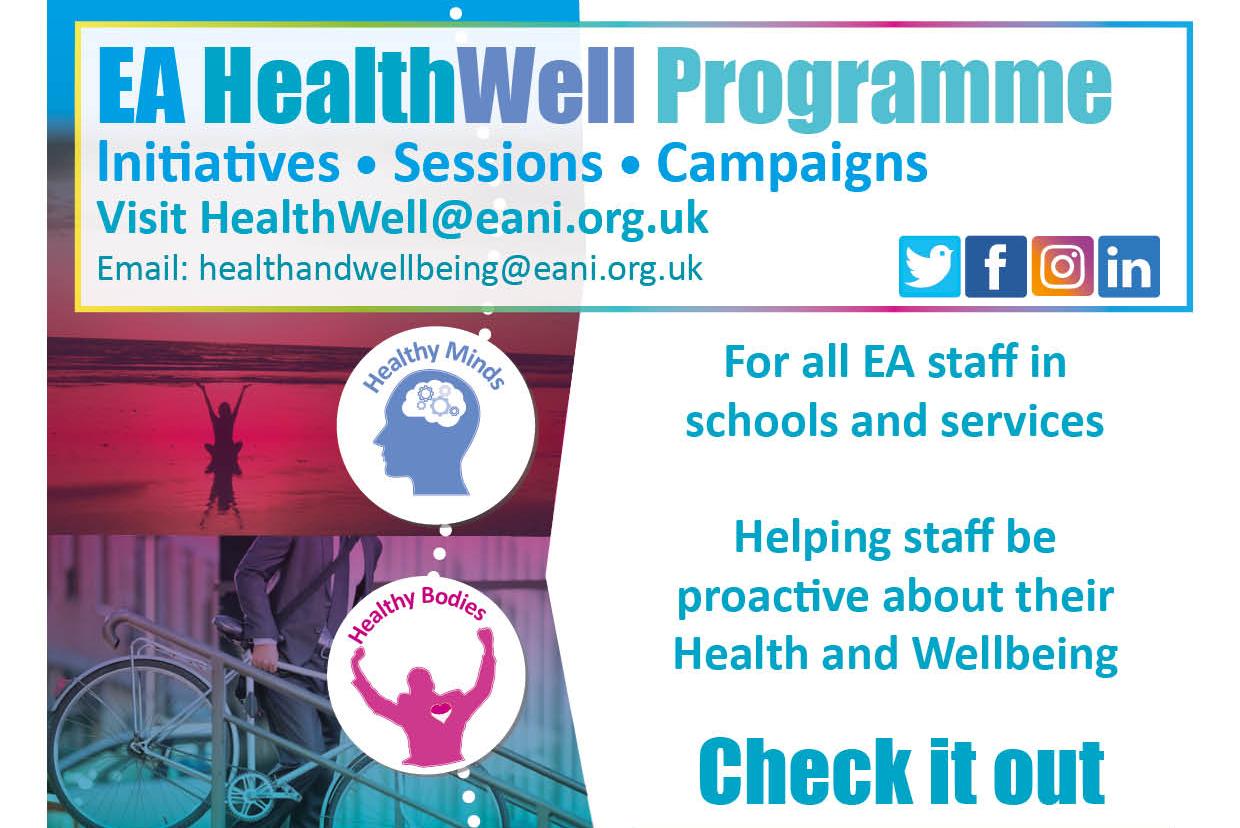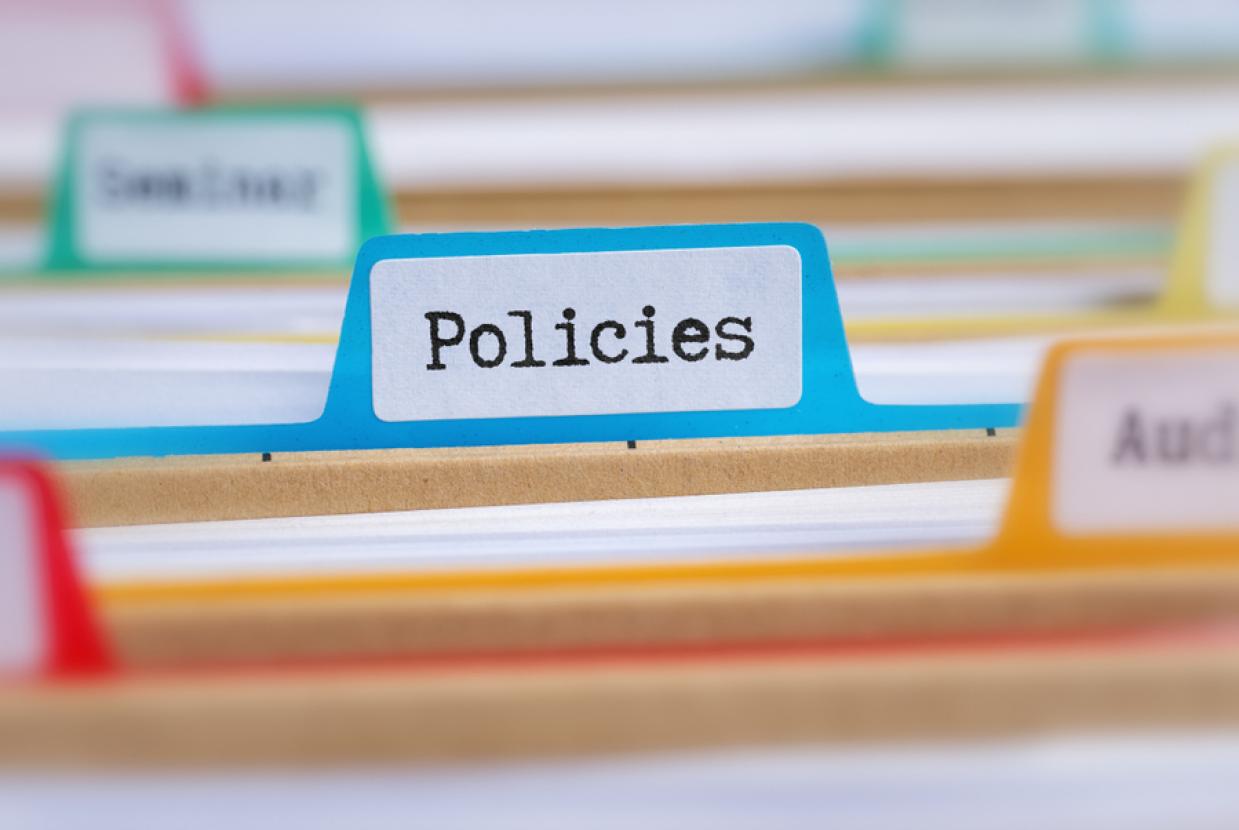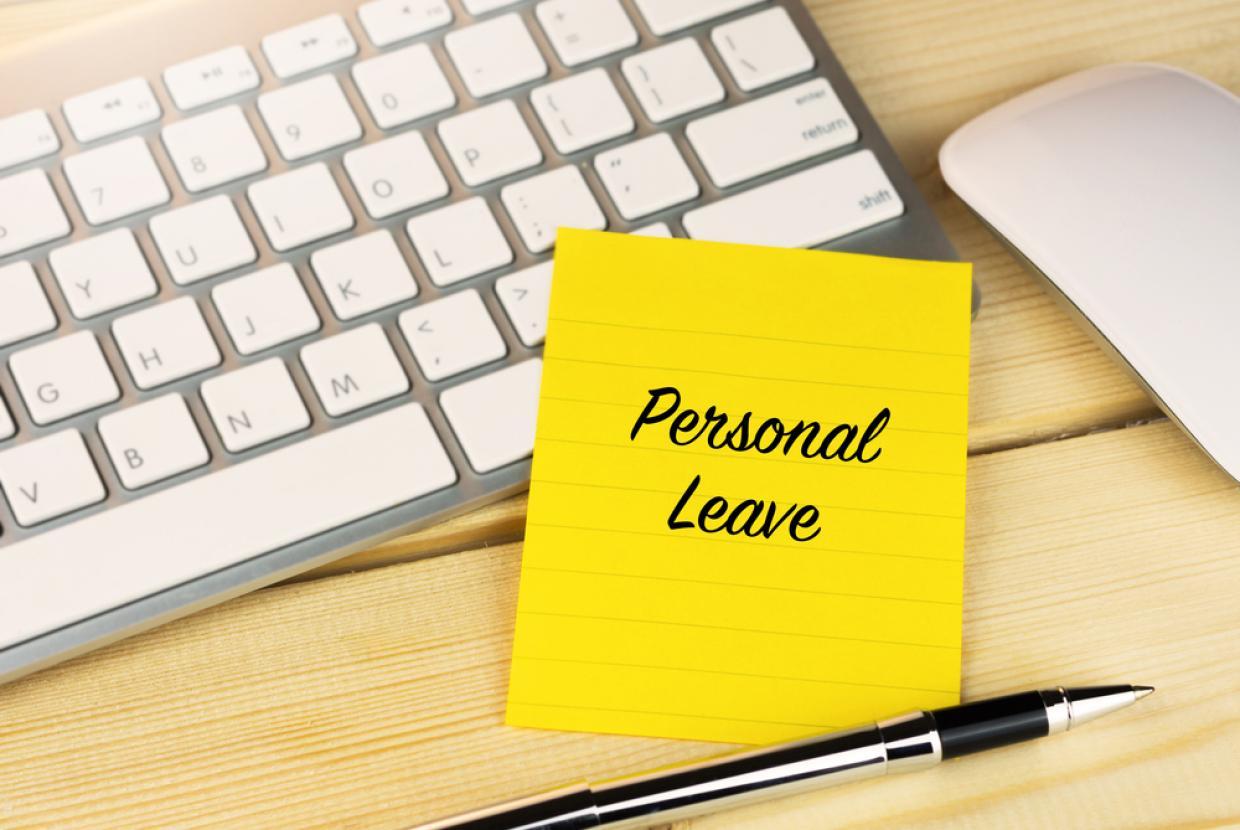Workplace Stress
What stress is, where it comes from, how your employer can help reduce it and options available to you.
What stress is
If you have a job that challenges you, you should expect to feel some pressure at work. However, when that pressure is excessive and you suffer an adverse reaction to it, then it has become stress. Stress is not a disease, but it can be a threat to your health and safety at work. Legally, your employer must take care of your health and safety when you are at work. Typical causes of work-related stress include poor communication, a bad working environment and skills not matching those that are needed for the job. Stress can also be triggered by events away from work, such as bereavement, money worries and illness.
What to do if you're suffering from stress
If you think you're suffering from work-related stress you should speak to your employer. The way you tackle it depends on the kind of stress you are suffering from. For example, if the demands of your workload are too much to cope with you can give notice that you don't want to work more than 48 hours per week and insist on minimum breaks. If you have a child under the age of six, or a disabled child under the age of 18, you have the right to request flexible working. Your employer has to give the request proper consideration.
Other examples could be:
- if you don't have enough control over your work, you should ask for more decision-making rights
- if you don't get enough support from your employer, ask for better communication; if enough staff want one, it might be possible to make your employer set up a consultative committee which is known as a works council
- if poor relationships are affecting how you do your work, check your employer's policy on bullying and harassment
- if you're not sure of your role at work, ask your employer to make clear what is expected of you
- if you're finding changes at work stressful, ask for more talks about them with your employer
You should also speak to your employer if you are suffering from non work-related stress. They may be able to offer assistance while you sort out whatever it is in your personal life that is causing you stress. Stress may be caused, deliberately or accidentally, by bullying in the workplace. If the bullying is classed as sexual (which includes your sexuality), religious or racial harassment, or is linked to disability, you have rights under sex, race or disability legislation.
If you have a disability which makes it harder for you to deal with, or more prone to suffering stress, like depression for example, your employer also has a duty to make certain adjustments to help you.
Resolving a dispute
If your employer is unable - or unwilling - to remove the cause of your stress, you can follow the grievance procedure set out in your employment contract or company handbook. If your workplace has one, your health and safety representative can accompany you to the meeting you have with your employer.
If an employer does offer to take steps to help you, by referring you to an occupational health specialist for example, you should accept their offer, unless there is good reason not to.
If you can’t sort out a dispute through the grievance procedure and you can’t carry out your job in the way your employer needs you to, you may have a claim for constructive unfair dismissal if you consequently leave your job.
However, constructive dismissal can be difficult to prove, so it's important to get advice from a specialist lawyer or other professional.
Where you can get help
The Labour Relations Agency (LRA) and Advice NI offer free, confidential and impartial advice on all employment rights issues for residents of Northern Ireland.




























